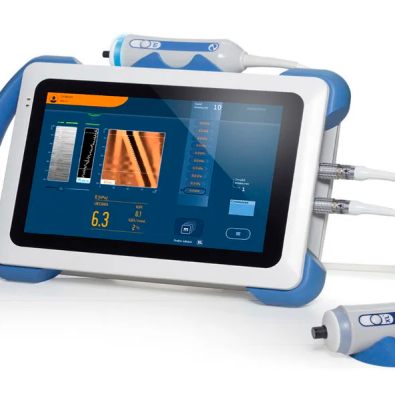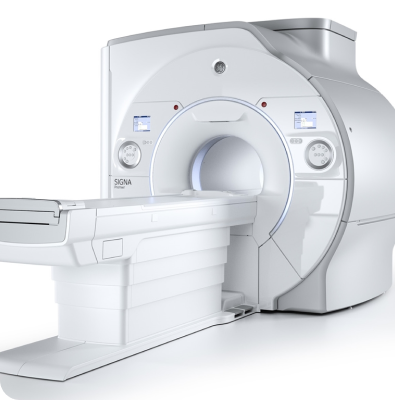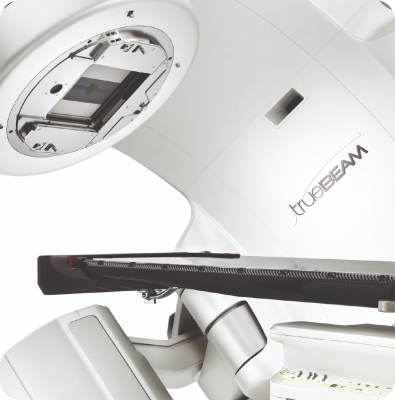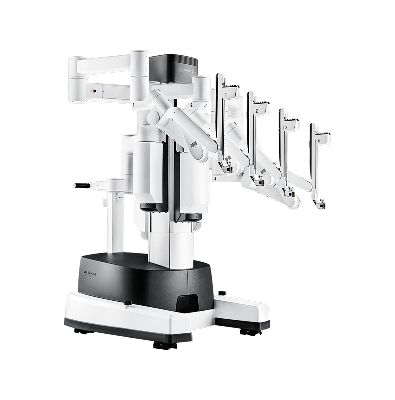Thoracic surgery encompasses the surgical treatment of a wide range of diseases, including those affecting the lungs, pleura (lung membrane), trachea (windpipe), and esophagus. It also involves the management of mediastinal diseases (conditions of the structures surrounding the heart within the chest cavity), diaphragm disorders (the muscle separating the chest and abdominal cavities), and congenital or acquired chest wall deformities.
Emergency thoracic surgery procedures include the removal of foreign bodies from the trachea (airway) and esophagus, as well as the surgical and non-surgical management of lung and chest wall injuries. In addition to performing surgical treatments, the Thoracic Surgery Department also plays an active role in the early diagnosis of thoracic diseases. Postoperative patient care is carried out collaboratively by thoracic surgeons, intensive care specialists, respiratory physiotherapists, and nurses. Furthermore, advanced pain management techniques such as Patient-Controlled Analgesia (PCA) and Epidural Analgesia are applied to ensure patient comfort after surgery.







